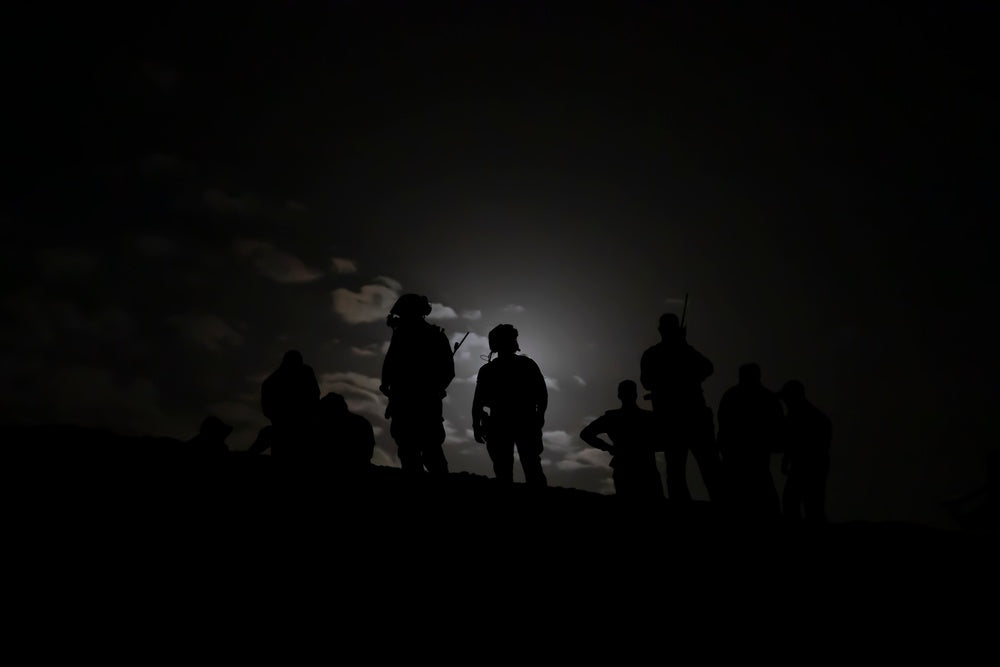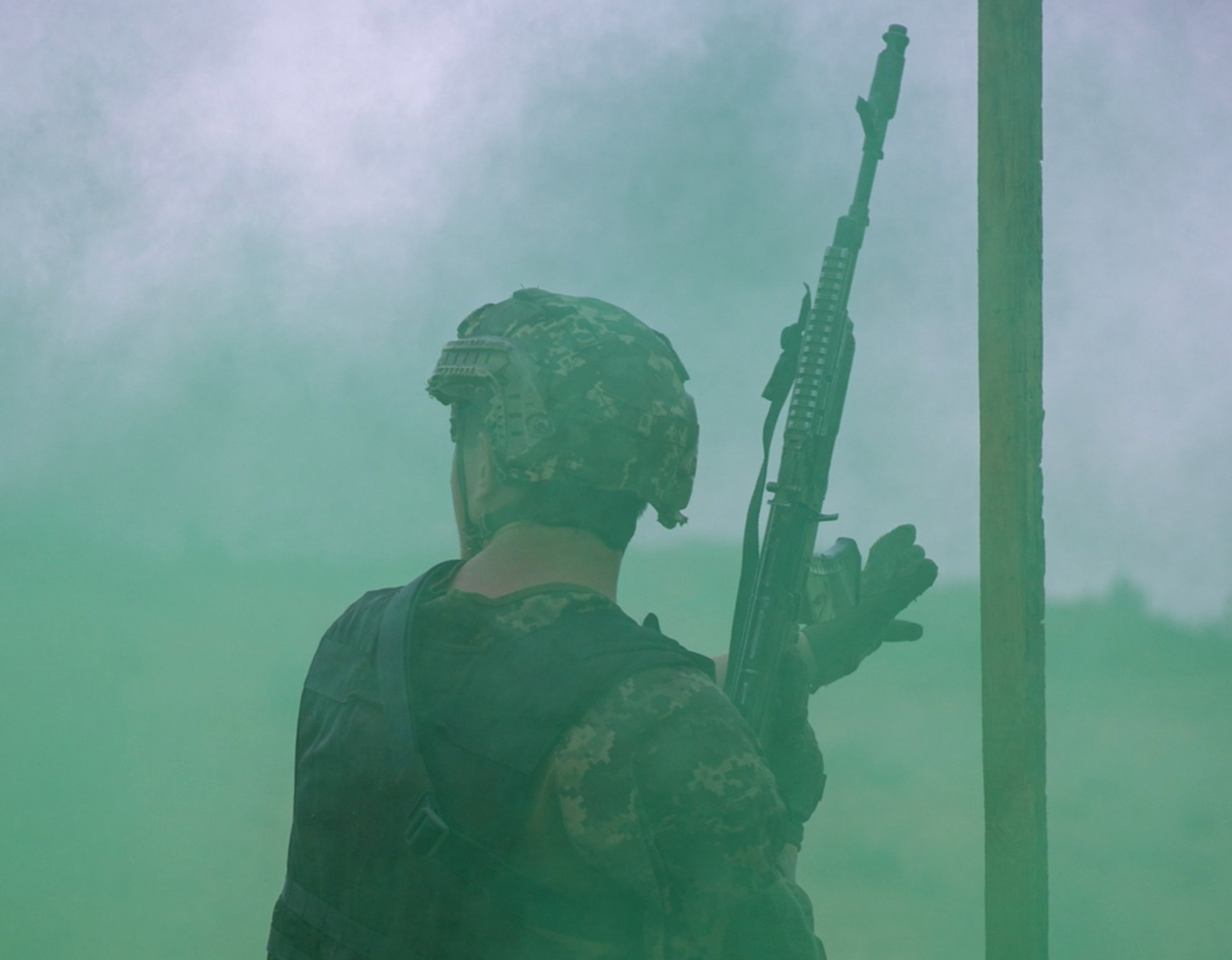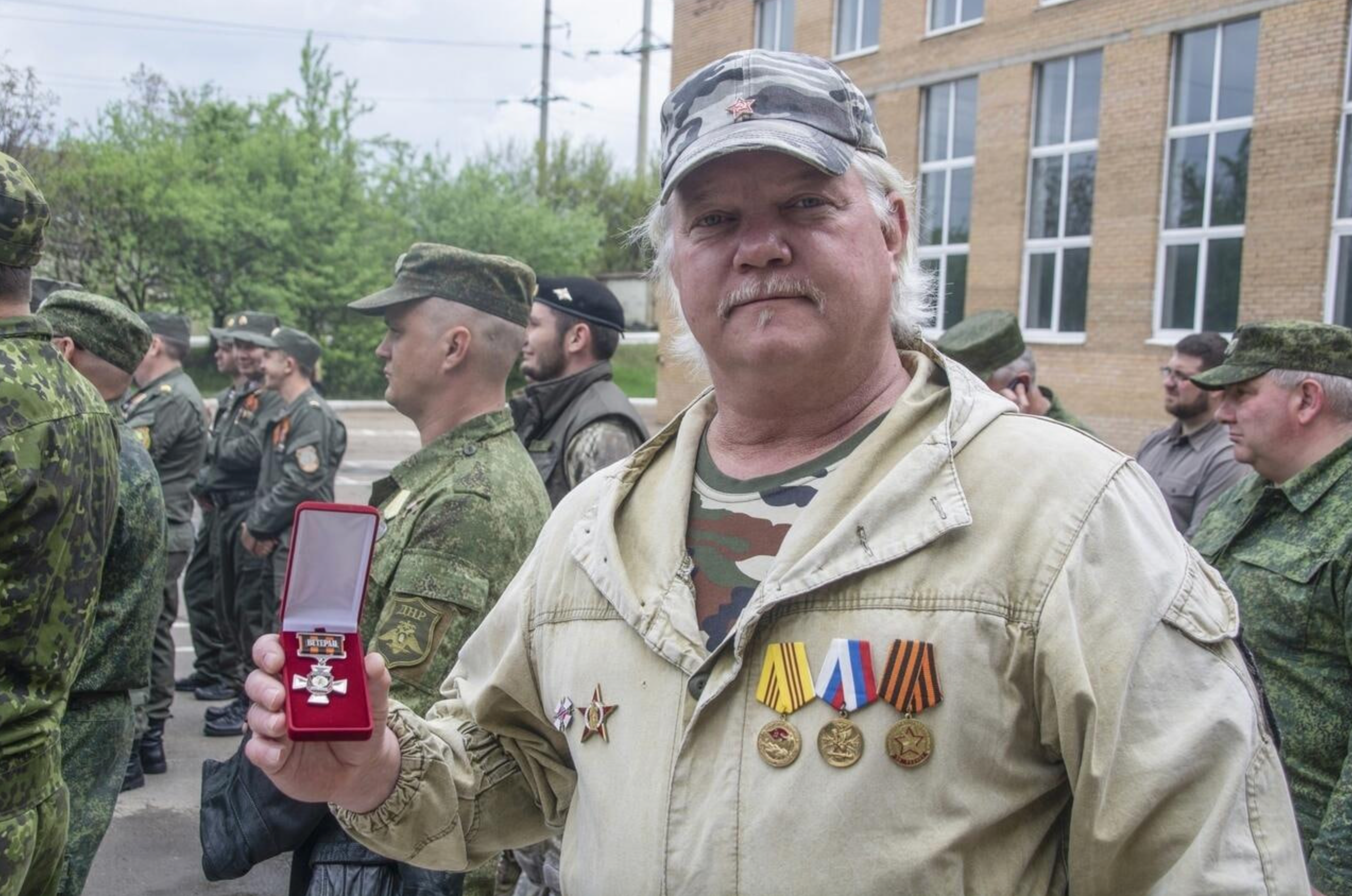
Future defense relationship part of US-Iraq talks on troop levels next week, official says
PHOTO CAPTION: Iraqi Tactical Attack Controllers (ITACs) from the Counter Terrorism Services and Coalition Joint Terminal Attack Controllers (JTACs) conduct night operations during Exercise Phoenix Fires near Al Asad Air Base, Iraq, during Exercise Phoenix Fires, Oct. 19, 2021. (U.S. Army Photo by Staff SGT Jose A. Torres, Jr. via U.S. Defense Visual Information Distribution Service)
By Arshad Mohammed and Simon Lewis
WASHINGTON (Reuters) - The security and defense relationship between the U.S. and Iraq will be an important part of talks when Iraqi Prime Minister Mohammed Shia al-Sudani visits Washington next week but is not the primary focus of the visit, a senior State Department official said on Thursday.
The official, who briefed reporters on condition of anonymity, said the emphasis of Sudani's visit would be economic ties, even as Washington and Baghdad are in talks over ending the U.S.-led military coalition in the country.
U.S. forces and Shi'ite Muslim armed groups have engaged in tit-for-tat attacks in recent months amid regional conflict linked to Israel's war in Gaza, leading to Sudani in January announcing his intention to end the U.S. military presence.
The senior State Department official said the defense and security relationship will be part of the discussions during Sudani's visit, when he will meet both with President Joe Biden and Secretary of Defense Lloyd Austin as well as Secretary of State Antony Blinken.
“(It is) likely to be a very important part of our – of the discussion,” the official said. “It is not the primary focus of the visit ... but it is almost certainly going to come up."
The visit's focus will instead be the economy and issues including education, environment and U.S. support for development, the official said, without providing details.
“We're going to have a full range of discussions about our relationship and where it's going," the official said.
The U.S. invaded Iraq in 2003 to topple Saddam Hussein and withdrew in 2011, only for troops to return in 2014 to help fight Islamic State (IS) after the extremist Sunni Muslim militant group overran large parts of the country.
Washington and Baghdad began talks in January to reassess the U.S.-led military coalition presence there.
The official said those talks were likely to lead to a second joint security cooperation dialogue later this year.
(Reporting by Arshad Mohammed and Simon Lewis; Editing by Chris Reese and Daniel Wallis)









